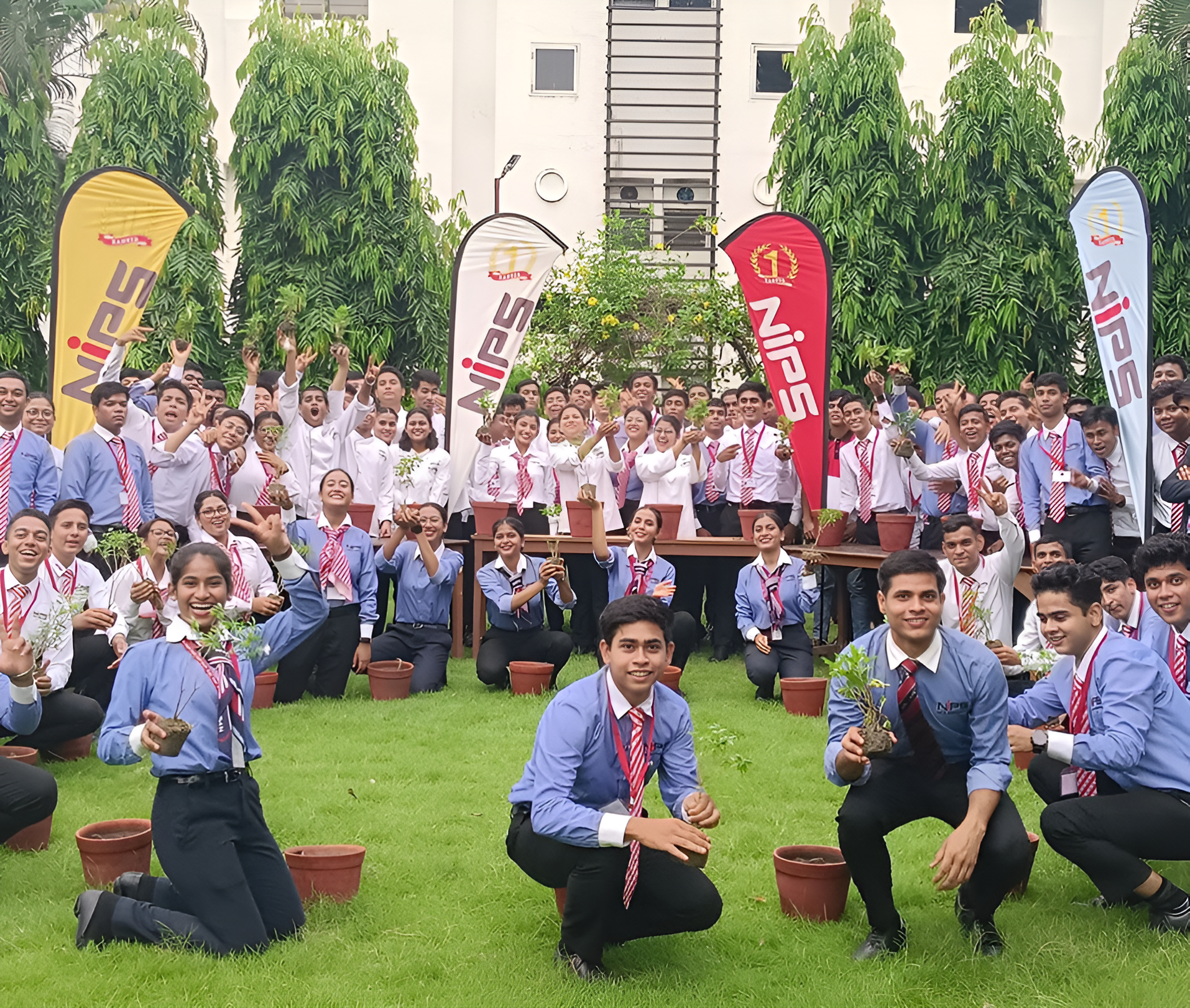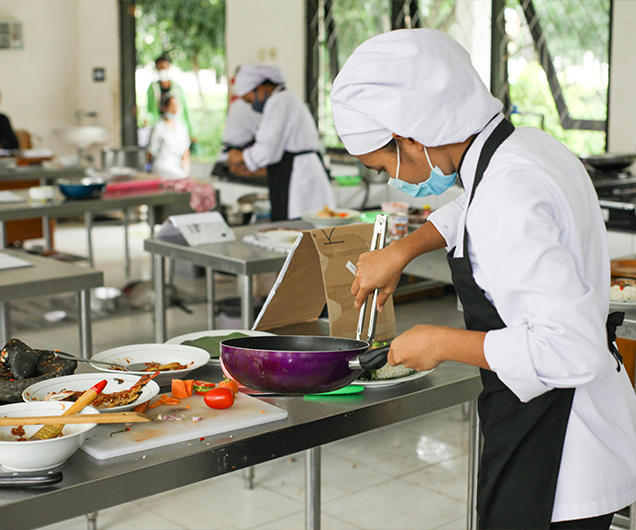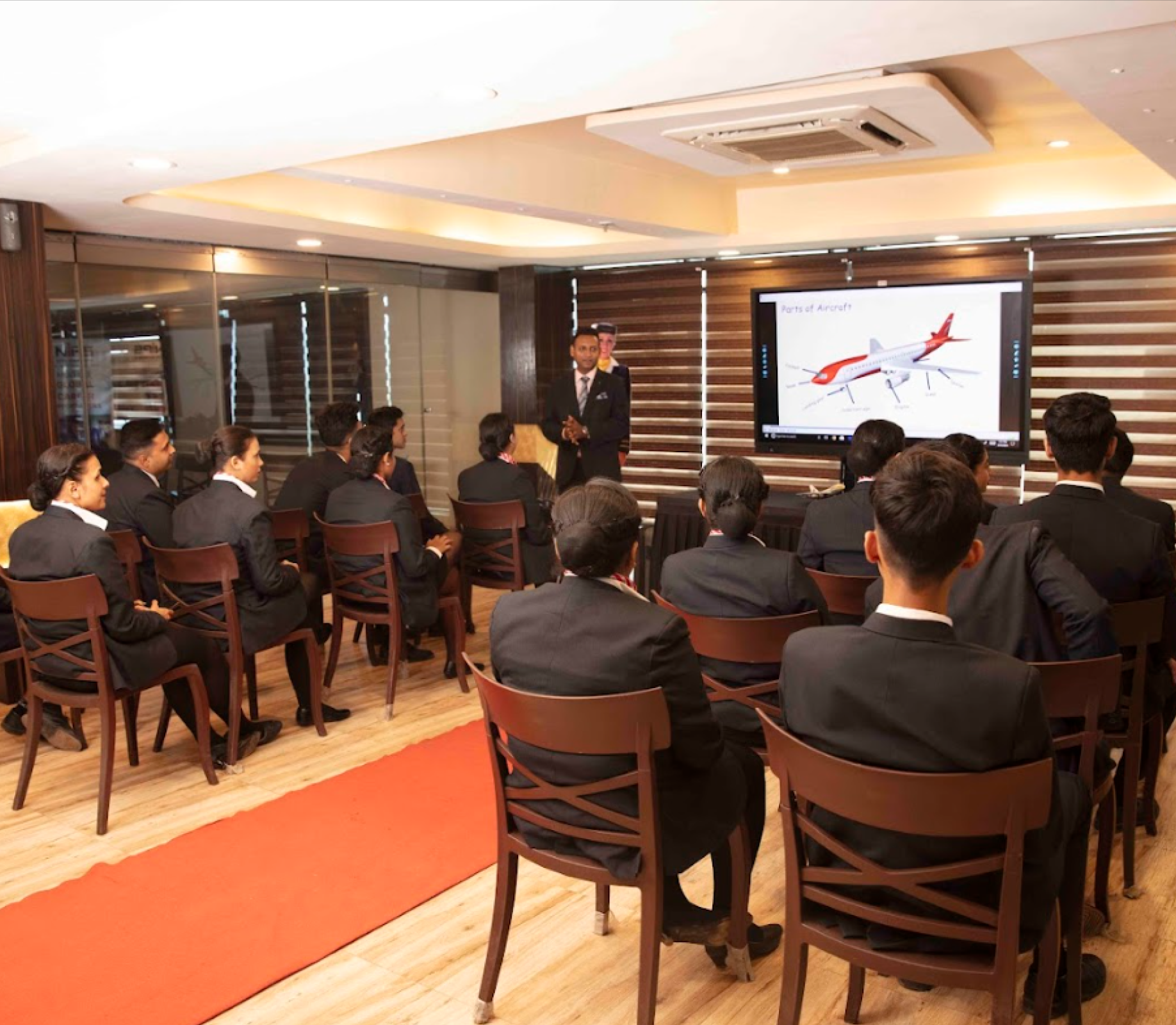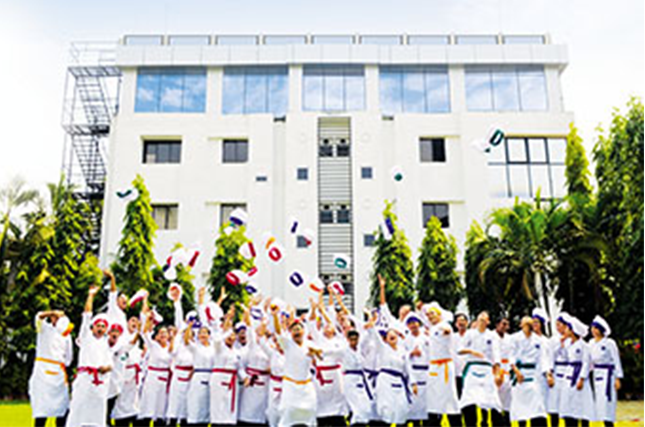
-
By:admin
-
Hotel Management
-

( 0 )
Sustainable Practices in Hospitality: An Overview for Aspiring Hotel Managers
Imagine staying at a hotel where the lighting, heating, laundry services, and even landscaping reflect a deep commitment to sustainability. This isn’t just a passing trend but a real necessity in 2024.
Top hospitality programs at institutes like NIPS Hotel Management make sustainability a priority, preparing students to lead change in this evolving industry.
As a future hotel manager, you’ll need to truly grasp these practices to make a meaningful impact.
Your role will involve shaping how hotels adopt eco-friendly, responsible operations.

Energy Efficiency in Hotels
Energy efficiency entails reducing consumption through intelligent design and technology.
Hotels consume huge amounts of energy daily for lighting, HVAC, laundry, kitchens, and overall operations. Executing energy-efficient practices dramatically decreases utility bills and shrinks carbon footprints.
For example, swapping out traditional bulbs for LEDs, which consume up to 75% less electricity and last 25 times longer, is one straightforward way to pare down energy use.
Installing smart thermostats enables automatic temperature adjustments based on occupancy, saving energy when rooms sit vacant.
Promoting towel/sheet reuse also reduces laundry services’ energy demands. Integrating renewable sources like solar panels lessens reliance on non-renewables.
Water Conservation in Hospitality
Water conservation focuses on cutting usage without affecting guest comfort. Intelligent water use is important for sustainable hospitality, benefiting the environment and reducing costs.
Practical tactics include low-flow showerheads, which can save up to 60% of water versus standard fixtures with no loss of water pressure.
Dual-flush toilets provide light and heavy flush options to conserve water, using only what’s needed.
Rolling out linen reuse programs can save hundreds of gallons daily.
Drought-resistant landscaping and smart irrigation systems further preserve water. And consistent maintenance checks to promptly fix leaks prevent major water loss over time.
Effective Waste Management
Effective waste management centers on decreasing waste output and expanding recycling efforts.
Proper waste management minimizes environmental harm and endorses sustainability. It also supports global initiatives to reduce pollution and landfill usage.
Setting up recycling bins in guest quarters and public spaces facilitates participation from visitors and employees.
Composting organic refuse from kitchens cuts down on landfill contributions and generates nutrient-rich fertilizer for gardens.
Teaming up with local groups on waste reduction, like donating unused cuisine to shelters or utilizing eco-conscious packaging, can further shrink the hotel’s waste footprint.
Training staff on waste sorting and why recycling matters ensures steady, rewarding waste management practices.
Sustainable Sourcing in Hotels
Sustainable sourcing refers to picking products and services that are eco-friendly and ethically sourced. This practice assists responsible suppliers and diminishes the overall environmental toll of hotel operations.
Serving locally sourced cuisine reduces transport emissions and invests in regional economies.
Non-toxic, green cleaning products lessen exposure to harmful chemicals, fostering healthier environments for guests and workers.
Fair-trade merchandise guarantees ethically conscious production methods, advocating for fair labor conditions.
Collaborating with vendors who share your sustainability values can catalyze further innovation in eco-conscious offerings.
Green Building and Design in Hospitality
Green building focuses on developing and maintaining hotels using sustainable materials and energy-efficient designs.
Eco-friendly architecture lowers environmental impact and operational expenses, creating healthier spaces for visitors and employees.
Incorporating solar panels furnishes renewable energy, substantially cutting electricity costs.
Green roofs, blanketed with live vegetation, provide insulation, decrease stormwater runoff, and supply open spaces for guests.
High-performance windows assist in regulating interior temperatures, reducing the need for heating and cooling.
Using recycled and locally resourced construction materials minimizes environmental harm and promotes sustainable practices.
Educating Staff and Guests
Education and awareness are instrumental in executing and upholding sustainable practices.
Training staff guarantees eco-conscious policies are followed reliably. Informing visitors encourages their engagement, amplifying the hotel’s overall impact.
Instructional programs that illuminate sustainability values and tactics ensure alignment with the hotel’s objectives.
Furnishing informative brochures or in-room content spotlighting the hotel’s green initiatives can prompt visitor participation.
Hosting workshops or activities centered on sustainability can further involve both employees and guests, cultivating a culture of environmental awareness.
Final Thoughts
Adopting sustainable practices in hospitality is about shaping a brighter future for the industry and the planet. Leading colleges like NIPS Hotel Management have deeply ingrained sustainability within their curriculums, equipping graduates to spearhead eco-conscious change.
This integration is key for students, arming them with the expertise to lead sustainably.
Opting for an institute that reflects these ethics ensures you are ready to create meaningful positive impacts in your career.
As an aspiring hotel manager, understanding and applying these practices will set you apart and contribute to a more sustainable, responsible hospitality sector.





















